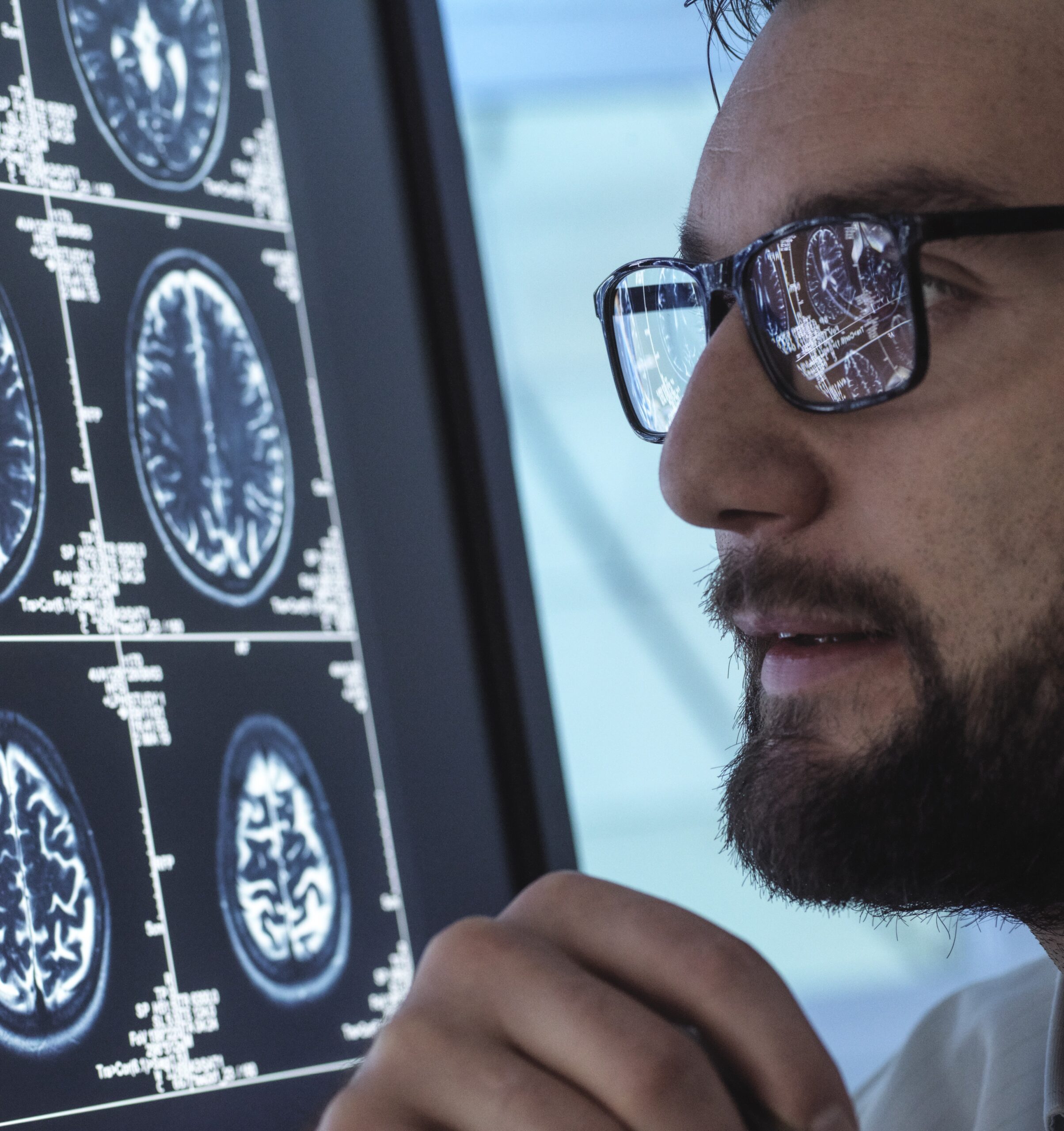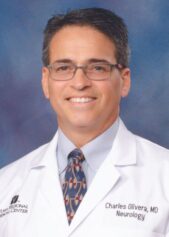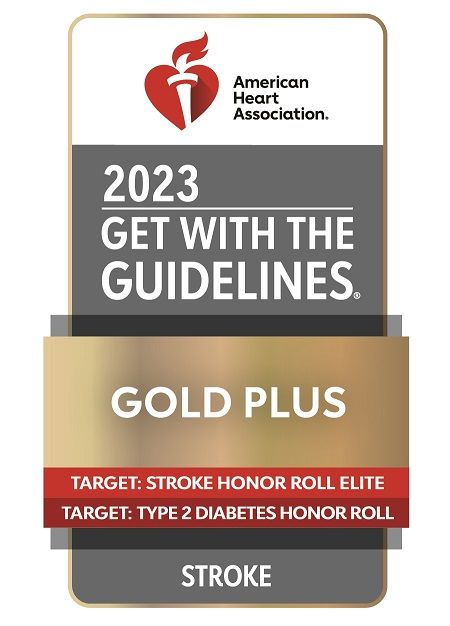Experience personalized care by our inpatient neurology team.
Should you require hospitalization for your neurological conditions, our dedicated inpatient neurology team will manage your care during your hospital stay. For patients who have suffered a stroke, our stroke care team is always ready to provide swift, critical interventions to facilitate the best possible outcomes.
Your inpatient care will be defined by your symptoms and diagnosis. Our personalized approach means that we will design your treatment plan to address your unique needs and strive for optimal health as you recover.
Our inpatient neurology team has access to the latest treatment technologies and techniques. Whether simple or complex, your neurological diagnosis is in good hands with our experts.
Rehabilitation is Key to Recovery
Our rehabilitative services are designed to help you regain functional abilities and independence after physical injury, illness or disease.
Providers
Locations
Stroke Care
Immediate treatment for someone suffering a stroke may minimize long-term effects and even prevent death. But in order to seek treatment, you must recognize the signs and symptoms of a stroke and know what to do.
We take a multidisciplinary approach to stroke care that starts with our local EMS partnership to facilitate the rapid transport of stroke patients to our Emergency Department. Our team of nurses and physicians stands ready 24 hours a day, 7 days a week. Diagnostic imaging services are available around the clock for critical CT scans or MRI images of the brain that confirm a stroke and its location. Our innovative telestroke technology allows us to have neurologists evaluate patients at any time of the day or night.
After admission to the Inpatient Stroke Unit, our team of physicians, nurses, case managers and rehabilitation staff provides expert care and tools to begin recovery and help prevent future strokes. We also partner with rehabilitation facilities in the Yuma community to help create a smooth transition when you are ready for hospital discharge and to begin the next step in your recovery.
It is critically important to recognize the signs and symptoms of a stroke. It could preserve function and even save lives, including your own. Visit the American Stroke Association to learn more.

Awards and Recognition
Our Stroke Care program has been honored by the American Heart Association/American Stroke Association with the Get with the Guidelines® Stroke Gold Plus Quality Achievement Award. This award recognizes our commitment to and success in implementing a high standard of stroke care by ensuring that our stroke patients receive treatment that meets nationally-accepted, evidence-based standards and recommendations.



